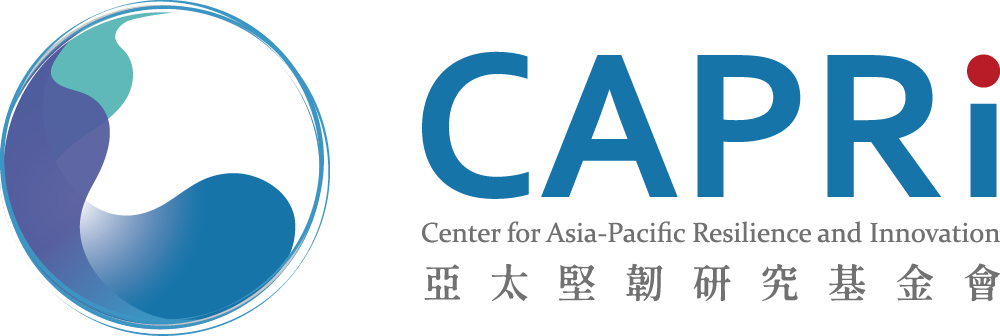In today’s rapidly changing world, Taiwan faces both significant domestic policy challenges and increasing geopolitical tensions. Similar to other high-income societies, it has been grappling with growing inequality, declining birth rates, and rising housing costs. And like other middle-sized nations, it needs to successfully navigate intensifying competition and conflict among the great powers. As the January election approaches, many young Taiwanese are asking how they can find promising jobs and whether Taiwan will be able to not just survive but thrive in a more perilous world. Voters of all ages also want the next president to answer: How will you ensure that Taiwan has the talent it needs to innovate and the ability it deserves to have a greater voice and make larger contributions in the global arena?
The foundation of a nation’s progress lies in nurturing its talent from within and recruiting talent from abroad, and Taiwan is no exception. When a society encourages and rewards hard work and innovation, its people can not only excel in their careers but also contribute to their community and, thus, the nation as a whole. Taiwanese youth, however, must encounter the obstacles of stagnating wages and an outdated education system that hinders them from realizing their dreams.
As many as 70% of Taiwanese youth earn only around NT$28,000 (USD $900) a month on average, which barely covers the cost of living in Taipei and other major cities in Taiwan. How can young people be expected to innovate and lead if they are struggling to achieve financial security and independence?
In response to low wages and rising costs of living, the Taiwanese government is encouraging young talent to join the high-paying semiconductor and information and communication technology industries, which form the backbone of Taiwan’s economy. However, this alone is not sufficient to fulfill Taiwan’s desire to become a more vibrant country and a more influential society. In addition to maintaining its technological edge in these established areas, Taiwan, as an advanced high-income society, also needs experts in public health, law, philosophy, arts, and ethics to become a leader in the region and the world. Taiwanese must know how to both develop and regulate technology, maintain mental wellness, restructure healthcare to cope with an aging society, and most importantly, make decisions among competing priorities from climate change to unsustainable healthcare costs and pension entitlements. In short, Taiwan needs young people who can solve problems by thinking creatively and ethically across a wide range of disciplines, fields, and sectors.
Taiwanese students also need opportunities to connect with peers worldwide and stay competitive. To achieve this, we should forge broader global partnerships that will introduce comparative perspectives. Taiwan already has numerous exchange programs for students and incubators for entrepreneurs in the public and private sectors. However, we also need systematic and long-term programs to increase our talent supply, both domestically and internationally.
Besides cultivating domestic talent at home and abroad, welcoming international talent is equally important for Taiwan’s long-term competitiveness. Right now, we have fewer than 30,000 foreign white-collar professionals working in Taiwan, and hardly any of them stay in Taiwan for long. By contrast, Singapore boasts over 197,000 foreign professionals, and it has become a long-standing destination for many of them. Taiwan can be more open to international talent beyond the handful of multinational executives, tech experts, athletes, and English teachers—many of whom leave after a few years because there are few paths to becoming a Taiwanese citizen or limited opportunities for career growth to warrant long-term residence.
Not only attracting but also retaining the best minds requires collaboration among the government, private sector, and society. We should make it easier and more attractive for foreign graduates who are already here in Taiwan to find jobs with competitive wages and obtain visas with a more simplified process. This will create a conducive environment for foreign talent to become innovative professionals who remain committed to Taiwan.
Civil society can also encourage the cultivation of domestic talent through deeper integration of foreign workers and students with Taiwanese corporations and university campuses. Taiwan needs an internationalized community supported by professional resources and a network of open-minded peers to enable budding talent to collaborate, compete, and support one another in generating creative ideas for the benefit of both our own society and our partners abroad.
Investments in our talent today will yield innovative ideas and solutions for the future. In a rapidly changing global environment, Taiwan needs to cultivate a deep, diverse, and dynamic pool of international and domestic talent to position itself as a global leader in resilience and innovation.
This article is also published in CommonWealth Magazine.




